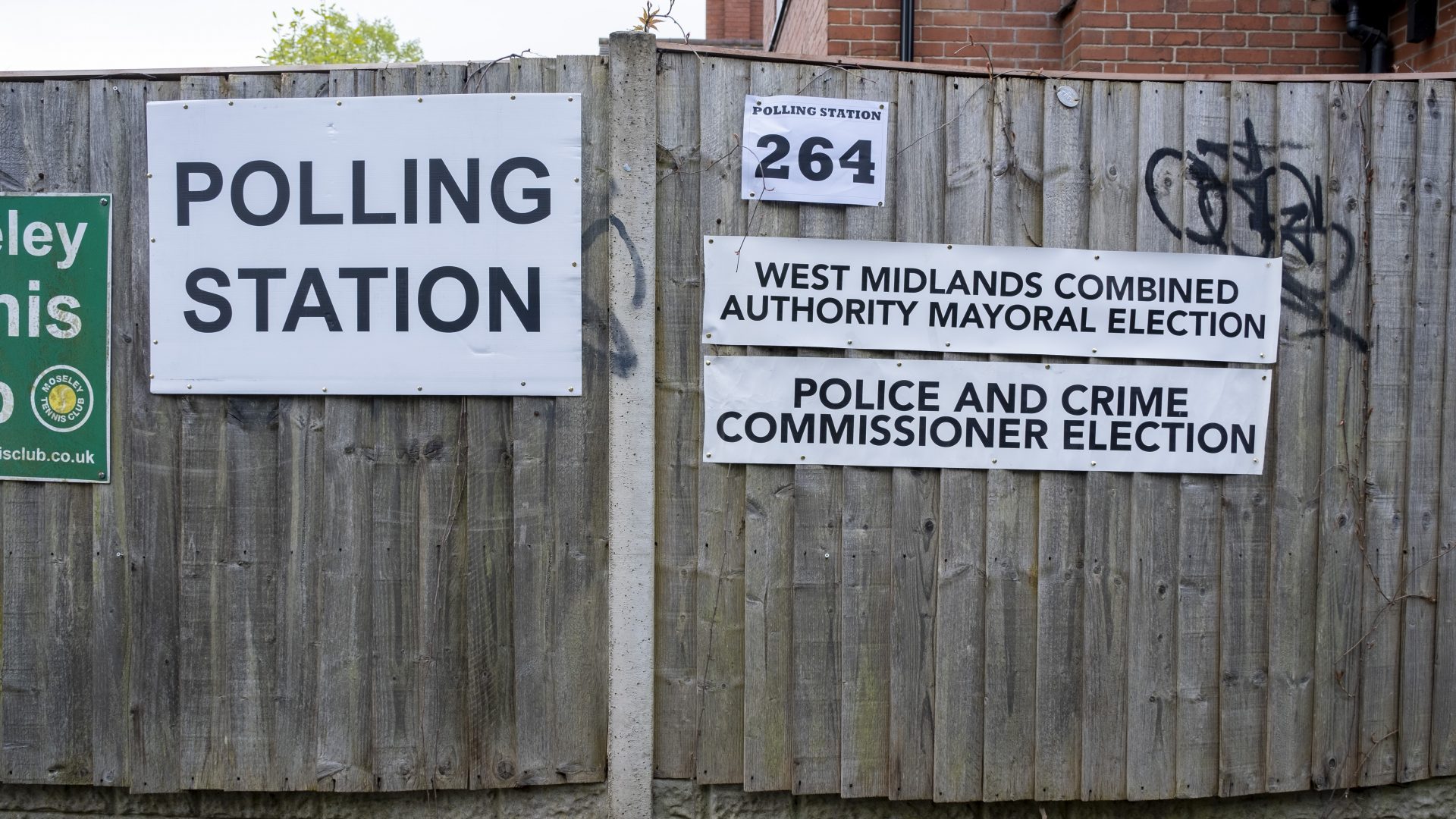A lot of people are spending a good deal of time worrying about the effects of misinformation and disinformation – the former describing any false information, the latter specifically when it is deliberately spread. Much of that attention focuses on artificial intelligence, deepfakes, overseas intelligence operations, or similarly sophisticated threats.
The reality is that the threat can be much more mundane – while being no less devastating for those caught up in such incidents. A case from the aftermath of the West Midlands mayoral election shows just what’s at stake, and why the focus cannot solely be on “Russian interference” or “deepfakes”.
To call the final days of the West Midlands mayoral contest acrimonious would be an understatement: the former Conservative mayor Andy Street had previously been relatively well-liked by Labour, but in the final days of the contest his campaign reported his Labour rival to the police over residency requirements – and then ran adverts about that police “investigation”.
This, coupled with a grinding series of demands for recounts, burned what goodwill Street had built outside his party – to the extent that some in Labour suspect he may have cost himself a future job, or even a peerage.
But there was perhaps even more animus between Labour and the independent candidate Akhmed Yakoob, who made Gaza a major issue of his campaign, took an endorsement from George Galloway, and who secured nearly 70,000 votes.
A senior Labour figure in the West Midlands had briefed the BBC that if Labour lost the West Midlands, it would be over Gaza rather than anything directly affecting the region – with sufficiently grim racial overtones that even Labour HQ disowned the comments. The remarks had, according to other sources in the area, been an attempt as “arse-covering” to avoid the local party being blamed if Labour did not win – one that had badly backfired.
There was, then, little love lost between the candidates. So when Akhmed Yakoob posted a video – which appeared to come from a Ring doorbell camera – saying it showed a Labour activist using strong racial slurs against a Yakoob supporter, it caused uproar.
The Labour activist in the footage was a school teacher, and Yakoob named both the teacher and her school. Subtitles added to the footage stated as fact she had said multiple strong racial slurs. As a result, both Labour and the school said they would investigate the footage – and the teacher received a torrent of abusive messages.
Crucially, though, the teacher had said nothing even remotely offensive. The police, party, school and independent audio analysis experts have all investigated the incident and found nothing wrong.
There is a little-known effect that comes from subtitling ambiguous audio: if we read a word alongside an unclear sound, we are extremely likely to hear what we read. By simply subtitling audio in a particular way, we can convince people that someone in the recording said something offensive – even if a “clean” version of the same footage, with no subtitles, suggests otherwise.
Most of us would not think it would be so easy to frame our interpretations of recorded sound, and that makes convincing people that something wasn’t said all the harder. Who needs a deepfake when a dodgy subtitle can work so well?
In this instance, the teacher concerned was not a regular Labour activist or even a party member – she was instead helping a friend (himself a British Asian candidate for Labour for a council seat) with his day-of-vote canvassing. She was motivated more by doing a favour for a friend than any kind of political ideology. Local politics relies on people like that.
It is impossible to say whether Akhmed Yakoob knew the audio he posted did not match the subtitles, and he deserves the benefit of the doubt for an honest mistake. Even with this, though, he kept the footage up long after concerns were raised about it, and gave the member of the public no warning that she was about to be subjected to a pile-on from hundreds of thousands of followers.
Politics already has a huge engagement problem: voter turnout is falling, party membership is falling, and it is becoming harder to get people to go out and talk to their neighbours about politics. The prospect of being suddenly publicly shamed over a total falsehood will no doubt put off potential volunteers.
If there is reassurance anywhere, it seems to lie in the fact that at least some of the major parties are aware of these risks and are trying to put systems in place to tackle misinformation and disinformation.
Labour quickly helped to set out an accurate version of what had happened in the West Midlands, including an accurate transcript of the (entirely innocent) remarks. Once there was an independent source reporting what had happened, Labour circulated it throughout party WhatsApp groups, including of all its parliamentary candidats.
This serves two purposes: it prepares candidates to get the real version of events out, and also gives them a heads up of what could happen to them. It is one of a number of initiatives Labour is undergoing on the advice of misinformation specialists.
More than one party official has suggested that the woman at the centre of the complaint might have a good legal case against Yakoob – for slow deletion and propagation of a defamatory message, even if it was entirely unknowing. Others in the party question whether a lawsuit would win, or be desirable.
The political mood, though, is undeniably fractious. It is easy to put out short snippets of out-of-context, badly-edited, or badly captioned footage – and all too tempting for people with big followings to amplify such posts. The UK is rightly waking up to the disinformation threat of foreign states. It must not miss the grassroots threat.











